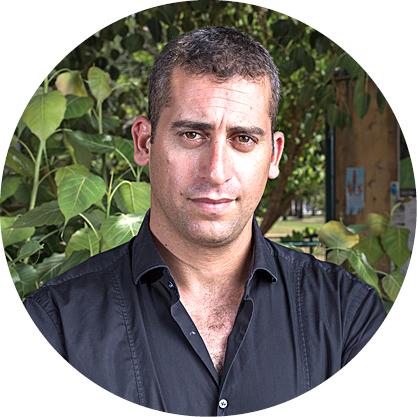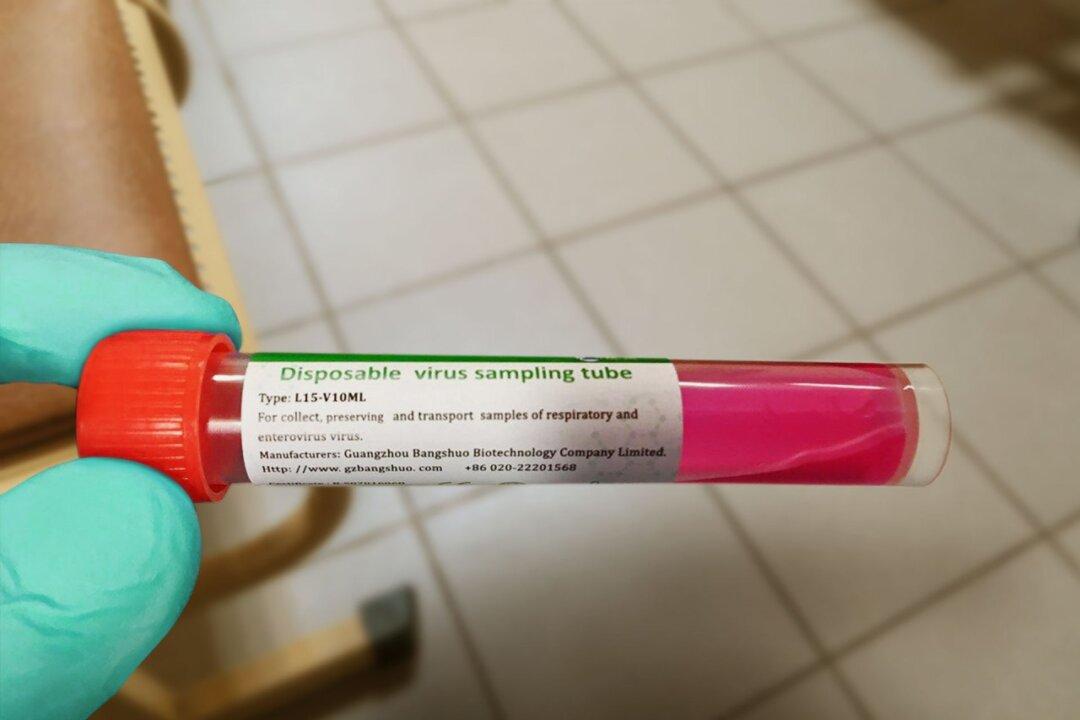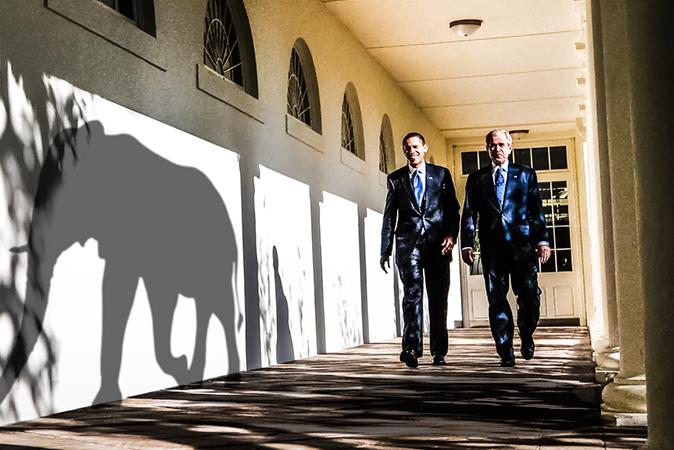When Nir Kalron, a former soldier with the Israeli special forces, learned that elephants could soon be extinct in Africa, he recruited intelligence agents and went in to defend the herds. He networked the jungles with cameras, battled with poachers, and worked to train an army of rangers.
In January 2012, a “hit squad” of around 50 armed men, riding horses and equipped with Kalashnikov rifles, mortars, and submachine guns, infiltrated Bouba Njida, one of the largest national parks in the central African country of Cameroon.
Families of elephants in a muddy clearing were having a typical day. Some shoved their trunks to the ground to look for water. Little ones napped beside their parents. Others excitedly greeted relatives they had not seen in awhile.
Then, a gunshot. One little elephant fell to the ground. Poachers know if they shoot a young one, the adults gather protectively rather than running.
What followed was a massacre. Submachine guns left the others wounded or dead. Those still alive felt the sharp blades of machetes cut off their trunks. Afterward, their tusks were removed and small round pieces cut from their ears, a customary trophy of “winners.”
A local resident heard the shots and called authorities, but it was too late. The poachers had already mounted their horses and left in search of another herd. A military force caught up with them three months—and 650 dead elephants—later and drove them off after a shootout.
Years of research have charted a likely course for the ivory, from the beaches of Africa to transit cities like Hong Kong. The Philippines, Thailand, Vietnam, and the United States are major markets for ivory, but China is the largest.
In China, ivory is an accessible status symbol, used for everything from decorations to chopsticks. Some grind the ivory into powder for its believed medicinal qualities, a practice that propelled poachers to hunt the West African black rhino to extinction.
Today, an elephant is killed every 15 minutes, or between 30,000 to 40,000 a year. Researchers say the elephant population in countries like Tanzania has plummeted by as much as 60 percent in the past ten years.
Meanwhile, in China the price of ivory has doubled and tripled to $3,000 a pound. Two tusks can cost upwards of $200,000. Hunters make around $200 a pound, but for criminal organizations in poverty-stricken Africa, that’s plenty.
The trade also funds terrorist organizations like the al-Qaeda affiliate al-Shabaab and the “Lord’s Resistance Army” (LRA) terrorist group led by Joseph Kony, who claims he is following the divine word by kidnapping, raping, torturing, and murdering thousands of people across the continent, including children recruited to serve as warriors in his army.



